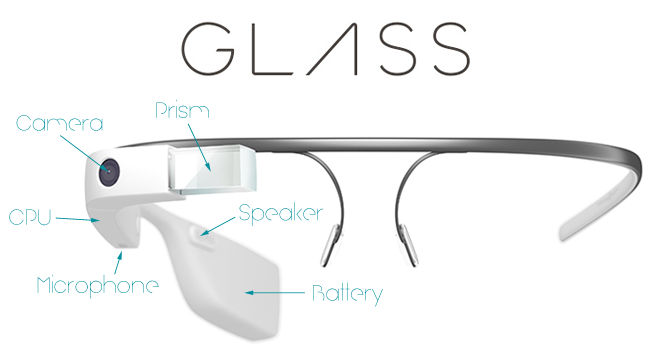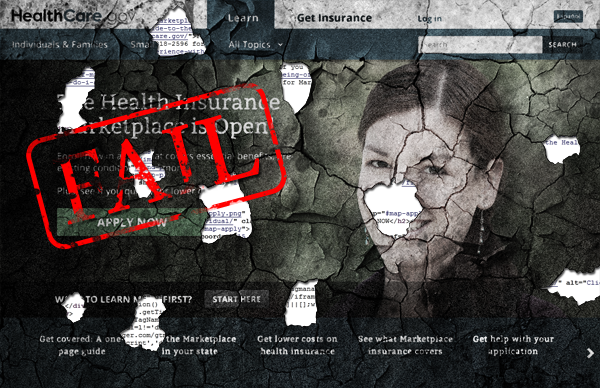Over the past year, there have been increasing reports of Windows systems “bricking” following a Windows Update. By “bricking,” I mean that the system becomes entirely non-responsive. Although incidence rates vary — ranging from negligible (0%) in some environments to as high as 0.25% of managed systems per month — the issue raises significant concerns about the reliability and transparency of automated firmware updates.
Continue readingAuthor: Aki Korhonen (Page 1 of 2)

What a ride for cryptocurrencies like Bitcoin, Litecoin, Ethereum and Ripple. 100% rises over a few days. Flash crashes. Presumed theoretical billionaires. Publicity. And most of all, acceptance. What could go wrong?
I presume most people want to donate their time and expertise to worthy causes. I do, too. But it’s difficult to find blocks of time within a busy and ever-changing schedule, so for years I failed to do much volunteering. Then I discovered Tomnod.

When Google started previewing Glass, I didn’t make the A-list, i.e. those who got their Glass free, nor the B-list who got offered Glasses for an arm and a leg. But at least I was able to join the ranks of the Glass-wearing public when Tax Day also acted as the Glass Purchase Day, although the prices were still at the arm and a leg level.
I really wanted to like Glass. I installed apps. I customized it with various cool stuff available for it. I tried to integrate it with my daily tasks. I wrote an app for it. And I continued to use it even after I reluctantly concluded that the device felt like the Apple Newton of a promising new space in personal computing devices.

For better or (more likely) worse, healthcare.gov is the most visible aspect of what seems to have become the white elephant of the 21st century, officially named the Patient Protection and Affordable Care Act, also known as PPACA, Obamacare and ACA. It certainly didn’t help that healthcare.gov had massive performance issues from the very beginning. And while performance has improved over time, things still aren’t really looking up, as “conversion” rates are very poor, actual payment for policies is not yet implemented, and there are significant concerns about the potential for (and some claimed actual) security failures in the site itself. But given that this is a software project, and that we’re a software company that has made mistakes just like everyone else, what learning experiences can we draw from it?


